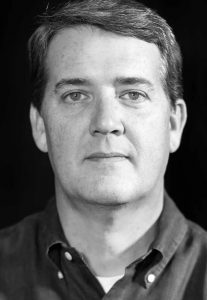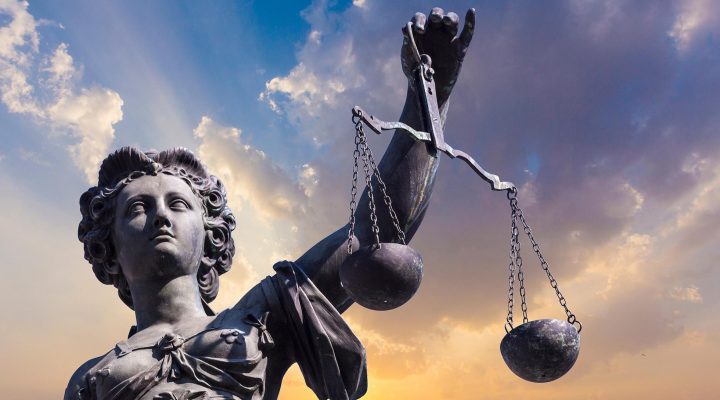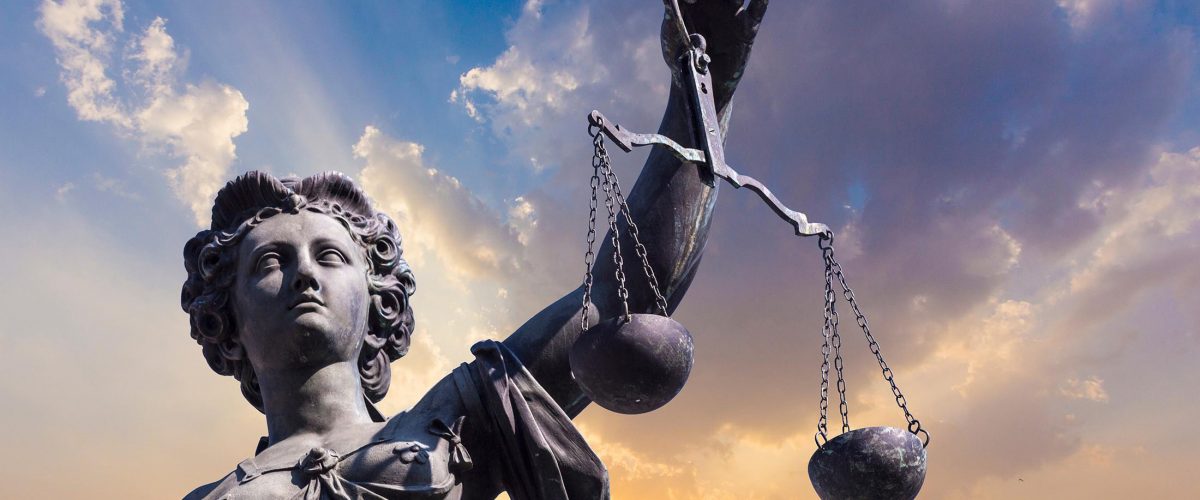As the Southern Baptist Convention prepares for its annual gathering next week in Indianapolis, few in the abuse survivor community hold any expectation that it will make meaningful progress toward protecting kids and congregants against clergy sex abuse.
It’s now been more than five years since the “Abuse of Faith” investigatory series brought national attention to the pervasive sexual abuse and cover-up problem in the country’s largest Protestant faith group. The six-part series, jointly published by the Houston Chronicle and San Antonio Express-News, documented more than 700 people who were sexually abused by Southern Baptist clergy and church staff, nearly all of them children at the time of the abuse.
Survivors and advocates immediately recognized this was just “the tip of the iceberg.” And even J.D. Greear, SBC president at the time, acknowledged the number likely represented “only a fraction of the actual amount of abuse that occurs in SBC churches.”
The “Abuse of Faith” investigation not only disclosed abuse in local churches, it also implicated past SBC presidents and prominent Southern Baptist leaders in the mishandling of abuse reports.

Christa Brown

David Clohessy

Dave Pittman
This Southern Baptist horror was confirmed again two years ago in the Guidepost report, which further revealed that clergy sex abuse survivors had been treated with “resistance, stonewalling and even outright hostility,” and that “some senior SBC leaders had protected or even supported alleged abusers.”
Even before the Guidepost report and “Abuse of Faith,” it was clear “SBC leaders have long been aware of the problem.” It was 18 years ago that we first proposed reforms to SBC officials, including a proposal for independent assessments of clergy abuse reports and for institutional record-keeping and information-sharing on credibly accused clergy.
Yet here we are in 2024 and the SBC still has done very little to address the problem. Again and again, we have made specific proposals for things SBC officials could do, but our calls for action are ignored or side-stepped.
For example, there is still no permanent funding for abuse reforms, and the SBC still has not implemented a denominational database of clergy sex abusers. Instead, it lauded itself for launching a database and hyped it as a “historic” moment, even though, in actuality, the purported database is an empty shell with no data.
In other words, the SBC put on a self-serving PR show — a theater-piece without substance. Meanwhile, behind the curtain, SBC officials were actively working against accountability by filing an anti-survivor amicus brief.
Over the course of many years, we have seen this pattern repeat itself: lots of showmanship and plenty of platitudes followed by continued recalcitrance and institutional inertia.
In a 2022 resolution, the SBC flat-out admitted its “institutional responses have at times caused irreparable personal harm to survivors of sexual abuse.” It also acknowledged the SBC’s “failure to hold perpetrators of sexual abuse adequately accountable” and apologized for “the unspeakable harm this failure has caused to survivors through both our action and inaction.”
Yet, despite these admissions, institutional deeds of repentance and reform remain absent. Inaction persists, as does “unspeakable harm.”
“Even as we write this, SBC presidential candidates debate as to whether any abuse “crisis” even exists within the SBC.”
Even as we write this, SBC presidential candidates debate as to whether any abuse “crisis” even exists within the SBC. Denial runs deep.
The SBC has had multiple opportunities to earnestly reckon with this problem, but the abuses and coverups persist — as they have for decades — with every week bringing new stories to light. It is an institutionally entrenched problem with no sign of abating.
This is why secular authorities must intervene. The SBC has repeatedly demonstrated it will not take meaningful action to expose the clergy predators in its ranks or to rectify the grievous harms to survivors.
The U.S. Department of Justice is investigating the SBC on matters related to sexual abuse and recently we learned that a pastor and former seminary administrator, Matt Queen, had been indicted for falsifying records to cover up a sexual abuse report.
The DOJ investigation is ongoing, and it’s possible more federal indictments will follow. Nevertheless, state authorities also should initiate investigations.
Crimes involving sexual abuse and assault are frequently crimes that fall under state law. Therefore, whatever the final results of the DOJ investigation may be, no one should imagine that federal prosecutions reflect all the crimes that may have been committed. And certainly, the absence of federal prosecutions does not mean the absence of immoral and criminal conduct.
According to Child USA, a national think tank for child protection, at least 23 state attorneys general have conducted or opened investigations into sexual abuse in the Catholic Church. Those investigations have brought forth important information about credibly accused priests — information that has helped protect others, has validated survivors and has provided a better understanding of the scale of abuse within the Catholic Church.
“At least 23 state attorneys general have conducted or opened investigations into sexual abuse in the Catholic Church.”
Similar state investigations are needed for the evangelical Protestant Southern Baptist Convention. Experts say the number of children being abused in Protestant churches is likely greater than in Catholic churches, and evangelicals are “worse” than Catholics in responding to abuse.
State attorney general investigations could provide a process for many more Southern Baptist survivors to put their allegations into the public record — something that often has been foreclosed to them by short statutes of limitation, which church officials readily exploit.
With more predatory pastors exposed, more kids and congregants could be made safer, and families could make better-informed choices about where they worship. And with a fuller extent of the harm made public, more pressure could be brought to bear to reform archaic statutes of limitation so that more survivors can pursue justice within the legal system so as to expose and deter those who commit or conceal sexual abuse.
Southern Baptist officials continue to ignore the pleas of survivors because, in their craven calculus, they prioritize protection of the institution over protection of people. They assess the costs to the SBC and choose to safeguard denominational dollars rather than to safeguard kids.
State attorney general investigations could help to alter this unholy calculus.
Christa Brown, David Clohessy and Dave Pittman are all survivors of clergy sexual abuse and are active in advocating for reforms in the SBC and other religious groups. Brown is the author of the recently released memoir, Baptistland; Clohessy is the longtime former director of the Survivors Network of those Abused by Priests (SNAP); Pittman is the director of Together We Heal.


